BOONE—Six professors at Appalachian State University have been honored for their teaching.
As runner up to a UNC Board of Governors Award for Teaching Excellence, Associate Professor of Spanish Catherine Fountain has received a campus-based Board of Governors Appalachian State University Excellence in Teaching Award. In addition to a $1,500 award, Fountain also will receive a university medallion during the university’s convocation in September.
Also recognized with campus-based Board of Governors Appalachian State University School/College awards are:
- Dr. Shawn Bergman – College of Arts and Sciences, psychology
- Dr. Kevin Zwetsloot – College of Health Sciences, exercise science
- Dr. James Stokes – Hayes School of Music
- Dr. Christopher Bartel – College of Arts and Sciences, philosophy and religion
- Dr. Kristina Groover – College of Arts and Sciences, English
Each will receive a $1,000 award and will be honored during May commencement ceremonies for their respective colleges and will be presented with a university medallion during convocation in September.
Catherine Fountain
Fountain joined the faculty in Appalachian’s Department of Languages, Literatures and Cultures in 2006. She earned a Ph.D. in Hispanic languages and literatures and an M.A. in Spanish, both from University of California Los Angeles.
In addition to teaching, she supervises students in the university’s Spanish education program and is a departmental liaison with the Reich College of Education. She also has been involved in curriculum and course development in her department.
“My teaching philosophy is that it is essential to make learning motivating, enjoyable and relevant,” she wrote in her philosophy of teaching. “Inspiring motivation in students is one of the most important – if not the single most important – predictors of student success in acquiring a second language. In my language classes that typically means learning and remaining aware of the interests of my students and tailoring course content to intersect with those interests as much as possible, and bringing in a variety of relevant real-world examples to bring concepts to life.”
To accomplish this, Fountain asks students in her language classes to write down five topics that interest them. She chooses from the most popular topics, which are then used for class readings, activities and discussions. In her upper-level classes, Fountain strives to make course content applicable to students so that they can see how understanding it can enrich their communication skills in any language and even their general understanding of the world.
She believes that constant reflection and revision of her course materials is essential to good instruction.
“When one has taught the same course five or more times, it can be tempting to think that the course is set and done,” she said. “However, it has been my experience that this is the surest way to have the course become static, boring and uninspiring. It is absolutely essential to reflect on what is working and what isn’t, and how materials and activities can be improved, during and after every course.”
Shawn Bergman
Bergman, an associate psychology professor, came to Appalachian in 2007 as an adjunct faculty member and became a tenure-track assistant professor in 2008. He has an M.A. in general psychology from Catholic University of America and a Ph.D. in industrial-organizational psychology from The University of Tennessee, Knoxville.
Bergman’s teaching philosophy center’s around an equation from industrial-organizational psychology– Performance = Motivation x Ability x Situation – which he uses to structure his courses, assignments and presentations.
“I believe that students should focus on three ideas: practice being a professional, work hard and have the right attitude,” Bergman wrote in his philosophy of teaching. “I believe that students mistakenly think ‘working hard’ means staying up all night, studying for hours on end and consistently putting forth monumental effort. In class, we discuss how hard work is constant and involves doing the hundreds of little things every day that keep them on track to success.”
Bergman is known for his “You can do it” messages, his unrelenting confidence in his students’ abilities, and telling students that hard work and the right attitude leads to success. “They need to believe that they can learn and that they can achieve,” he said. “Research has shown that people who succeed both work hard and believe they can learn what is needed to achieve.”
In addition to teaching, Bergman has co-authored peer-reviewed publications and co-presented research and reports at national, regional and state conferences with his students.
“These presentations, publications and reports give our students valuable experience in presenting their research and work, learning how to take responsibility, and seeing a project to completion,” he said. “It allows them to experience success, and provides them with opportunities to build their professional networks.”
Kevin Zwetsloot
Zwetsloot has been an assistant professor and director of the Biochemistry Laboratory in the Department of Health and Exercise Science since 2009. He has a M.A. in physical education with an emphasis in exercise physiology from California State University, Chico and a Ph.D. in bioenergetics from East Carolina University.
He decided he wanted to become a college professor when he was an undergraduate at CSU, Chico. “Some of my former professors instilled in me a passion for the subject matter, because they themselves were passionate. I feel that this passion for knowledge was, and continues to be, instrumental in my learning,” he wrote in his philosophy of teaching. “To help me remember why I teach, I often refer to a quote that was provided to me in a new faculty teaching workshop when I first arrived at Appalachian.”
The quote attributed to a former university administrator says, “The mediocre teacher tells. The good teacher explains. The superior teacher demonstrates. The great teacher inspires.”
Zwetsloot said, “This quote resonates with what I believe in for my teaching philosophy.” Because he remains fascinated with the study of human movement and physiology, he uses that passion to inspire his students.
“My teaching philosophy continually evolves, but my hope to inspire students remains the same. I am passionate about teaching and about providing the best educational experience possible for the students,” he said. Zwetsloot’s teaching includes mentoring, developing personal connections and maintaining a strong commitment to students.
“Even with over 10 years of teaching experience, I still recognize that there is always room for improvement in my teaching skills/abilities/approaches,” he said. “As student learners and technologies constantly evolve, it is essential to remain flexible and open-minded to new methods of teaching to engage, involve and inspire our students.”
James Stokes
Stokes is a professor of music/trumpet in the Hayes School of Music. He earned a Master of Music degree and a Doctor of Musical Arts degree from Ohio State University. He joined the faculty at Appalachian in 2008.
Stokes said his years as a teacher and a performer contribute to his approach to teaching. “Critical thinking and life-long learning skills are a natural part of an education in music performance and study,” he wrote in his philosophy of teaching. “From the beginning of a musician’s interest in music to the advanced study of their instrument, learning how to listen is paramount.”
Stokes helps students master this skill by learning how to identify and differentiat good sounds from bad. That involves assessment of a students own musical knowledge, skills and expressiveness and advances to distinguishing appropriate performance practices, including style, intonation, ornamentation and ensemble skills.
“The student’s process of learning how to listen is a constant evolution, which I am most fortunate to witness throughout their education,” he wrote.
Stokes also helps his students develop a life-long learning skill that involves learning how to practice beginning in their first year at Appalachian. “This critical moment in the student’s education can make or break a lifetime of advancement in skills, techniques and musicianship.”
Students learn how to learn by performing, which Stokes said, “offers each student the confidence and ability to excel at a higher level and establishes a point of departure for the student to concertize and teach as a professional.”
Christopher Bartel
Bartel, an associate professor in the Department of Philosophy and Religion, came to Appalachian in 2007. He has a Bachelor of Music degree from Berklee College of Music in Boston, a Master of Arts degree from the University of Bristol in the United Kingdom and a Ph.D. from King’s College, University of London.
Bartel said that his first challenge in teaching was convincing his students that their knowledge is limited. “All students come to class already with their own interpretations of the facts, and indeed with their own views of what counts as a ‘fact.’ In seeking clarity and understanding, the philosopher must often point out that our interpretations are weak or one-sided, and that the convictions that we take to be ‘facts’ are entirely uncertain,” he wrote in his philosophy of teaching.
Some students, he said, can find this approach to be threatening and adversarial, but by following the Socratic Method, all students are encouraged to participate in discussions, even if they don’t have the answers. By doing so, he said, participants achieve clarity and understanding through honest questioning.
“The important thing about the Socratic Method is the requirement that all participants to the conversation acknowledge that they do not have all the answers. This is one of the overarching intellectual goals that philosophers seek to impart to students and to inspire within the academy more broadly – namely a sense of humility and respect for knowledge and an appreciation of its rarity.
Kristina Groover
Groover is a professor of English and began teaching at Appalachian in 1996. She has a Bachelor of Arts degree from Dickinson College, and a Master of Arts and Ph.D. in English from UNC Chapel Hill.
She wrote in her teaching philosophy that she takes joy in introducing students to challenging and inspiring literary texts and watching them develop confidence in their insights and that learning about her students helps keep her teaching interesting and challenging.
“My conjecture that a career in teaching would never be dull has proven true,” she wrote. “There are always new texts to teach, new critical approaches, and new student voices to enliven the classroom. I am passionate about teaching literature because I believe that literature changes, challenges and enriches our lives.”
She said that as an educator, her job is to inspire and challenge students. “My primary goal is to help students – English majors and scientists, future teachers, dancers and doctors – become life-long, intelligent readers of literary texts.”
She added, “I do push students academically and intellectually, but I also empathize with them. I recognize the many demands they face both inside and outside the classroom, and I appreciate that they are driven by talents, passions and burdens that are different than mine. It is my job to teach the student who is in front of me – not some abstract ideal of a student or the one I remember teaching five years ago. Our student body is constantly changing, so I need to keep working at understanding who my students are and what they bring with them to the classroom.”
About Appalachian State University
As a premier public institution, Appalachian State University prepares students to lead purposeful lives. App State is one of 17 campuses in the University of North Carolina System, with a national reputation for innovative teaching and opening access to a high-quality, cost-effective education. The university enrolls more than 21,000 students, has a low student-to-faculty ratio and offers more than 150 undergraduate and 80 graduate majors at its Boone and Hickory campuses and through App State Online. Learn more at https://www.appstate.edu.
What do you think?
Share your feedback on this story.
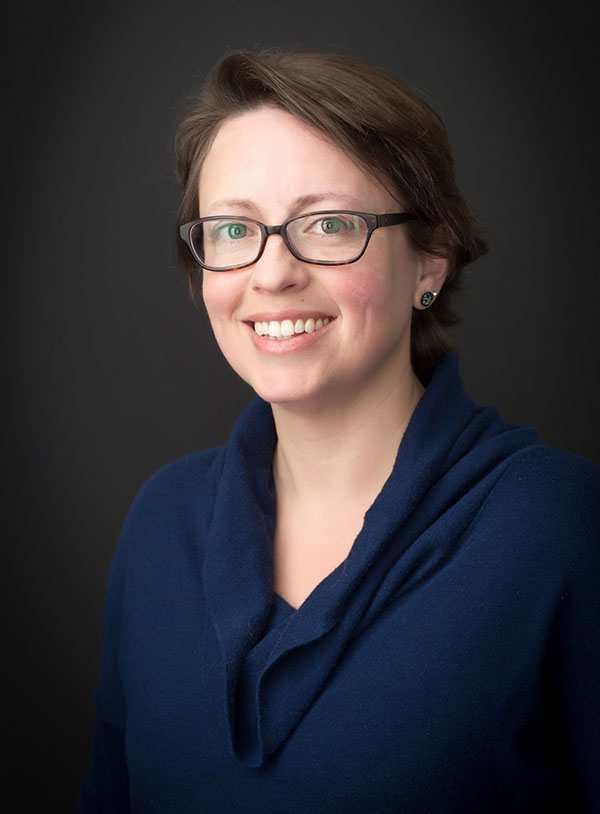
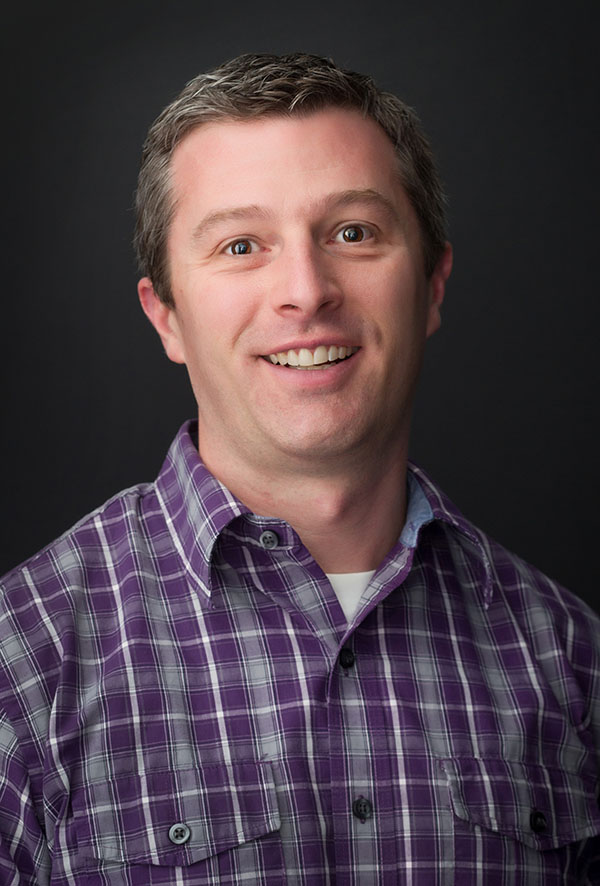
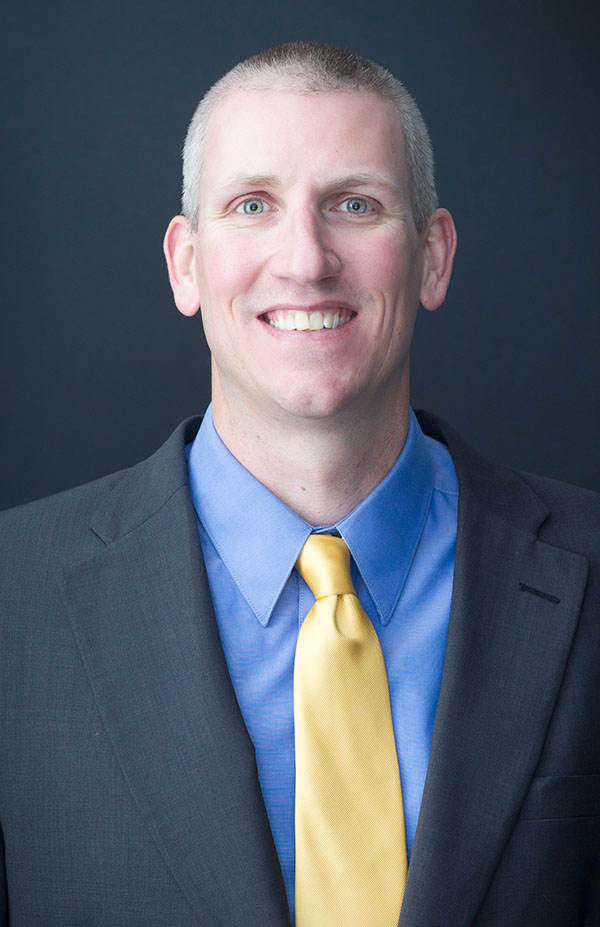
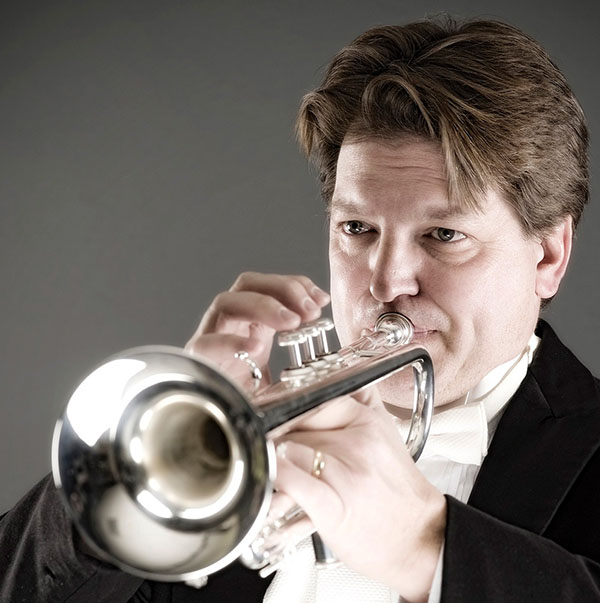
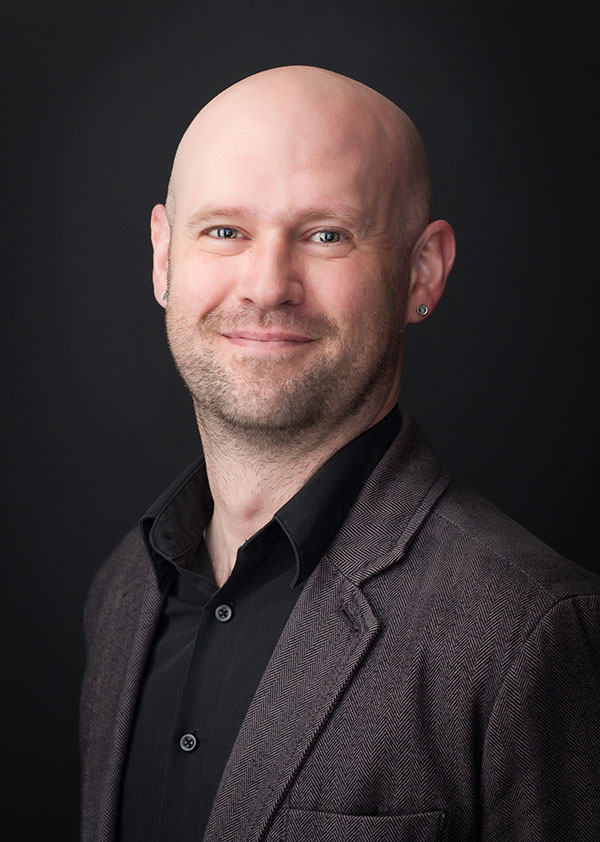
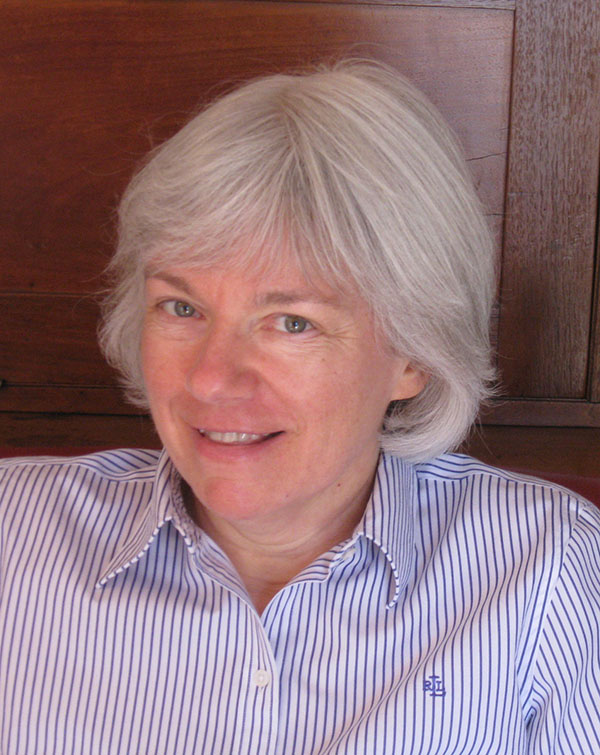


![How NCInnovation Is Rethinking Economic Development in North Carolina [faculty featured]](/_images/_posts/2026/02/rethinking-economic-development-600x400.jpg)








